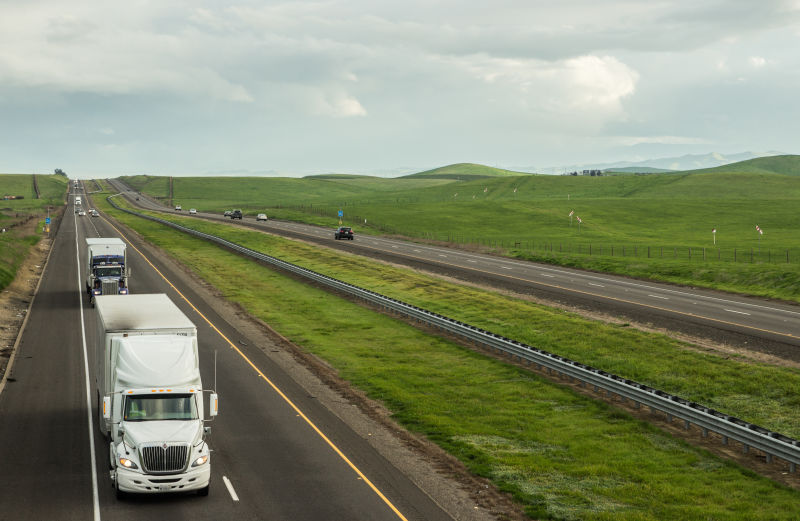With only a few days left before legislators go home for 2015, Gov. Jerry Brown is throwing his weight behind a transportation funding plan that includes an annual $65 per vehicle fee and a statewide vote in 2016.
The outline of a plan obtained by KQED News calls for an annual $3.6 billion package of fixes for California's roads, highways and public transit. The money would be equally divided between state and local projects, and the funding structure would be protected by an amendment to the California Constitution. That would require voter approval on next year's ballot.
"We've been working hard with all of the legislative leaders and this reflects an attempt to bridge the differences," said Brian Kelly, the governor's transportation secretary.
Whether the proposal, the product of weeks of negotiations at the state Capitol, can pass legislative muster remains an open question. Both the revenue portions of the proposal -- which include an increase in the diesel fuel excise tax and a new highway user fee -- and the constitutional amendment would require a supermajority vote in each house. Republicans, for now, seem opposed to the idea of new vehicle fees and fuel taxes.
"Californians should not be looked to for a bailout," said Amanda Fulkerson, a spokeswoman for the Assembly Republican Caucus.
